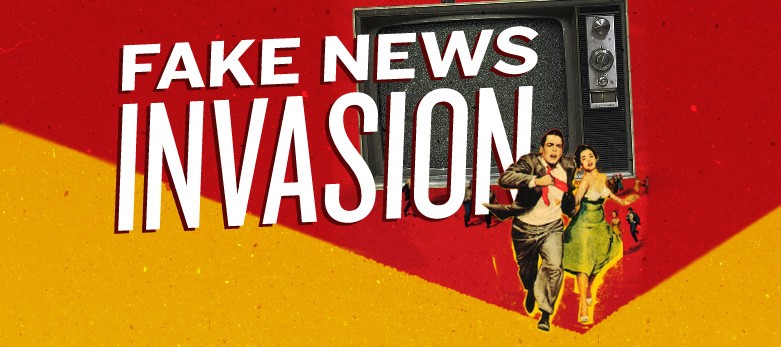Apple CEO Tim Cook runs for a campaign against fake news

Although the US election is over, the problem of fake news isn’t. Apple CEO Tim Cook said it’s time to do something about it.
“All of us technology companies need to create some tools that help diminish the volume of fake news,” Cook said in an interview with the Daily Telegraph on Friday. Cook also called for governments to lead information campaigns to crack down on fake news in an interview with a British national newspaper. The scourge of falsehoods in mainstream political discourse came to the fore during recent campaigns, during which supporters of each side were accused of promoting misinformation for political gain.
Tim Cook says that the proliferation of fake news is “killing people’s minds.”
Differentiating between fact-checked news and stories that are written to deceive has proven difficult for online readers. A study by economists at Stanford University and New York University published two months after November’s US presidential election found that in the run-up to the vote, fake anti-Clinton stories had been shared 30 million times on Facebook, while those favouring her were shared eight million times.
It said: “The average American saw and remembered 0.92 pro-Trump fake news stories and 0.23 pro-Clinton fake news stories, with just over half of those who recalled seeing fake news stories believing them.”
“We are going through this period of time right here where unfortunately some of the people that are winning are the people that spend their time trying to get the most clicks, not tell the most truth,” Cook said in the interview.
But Cook called for even wider action. “Too many of us are just in the complain category right now and haven't figured out what to do,” he said. "We need the modern version of a public-service announcement campaign. It can be done quickly if there is a will.”
A new approach was required in schools, he said. “It’s almost as if a new course is required for the modern kid, for the digital kid.”
But he is optimistic. “In some ways kids will be the easiest to educate. At least before a certain age, they are very much in listen and understand [mode], and they then push their parents to act. We saw this with environmental issues: kids learning at school and coming home and saying why do you have this plastic bottle? Why are you throwing it away?”

